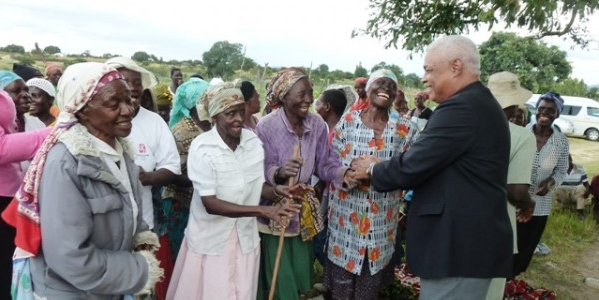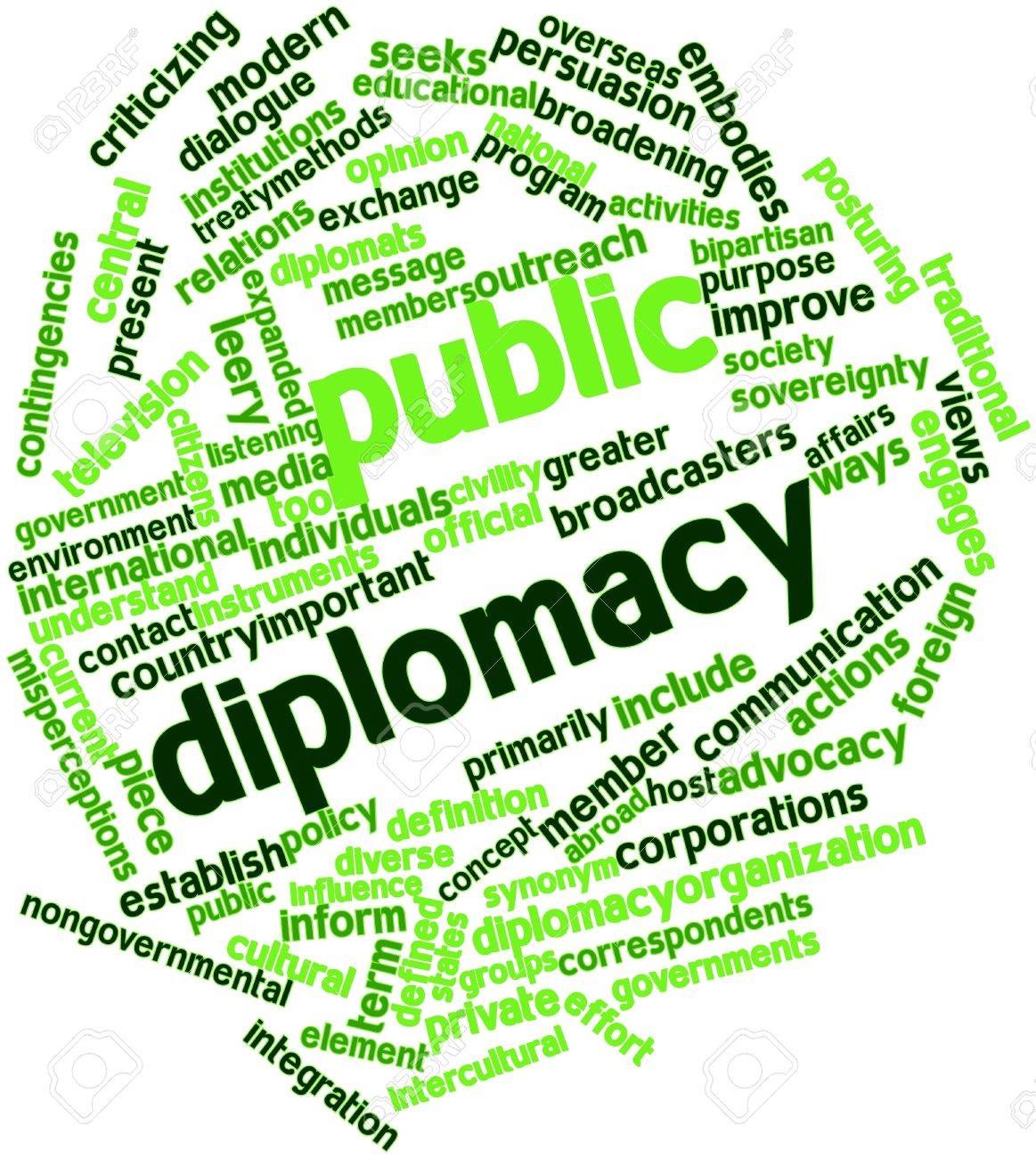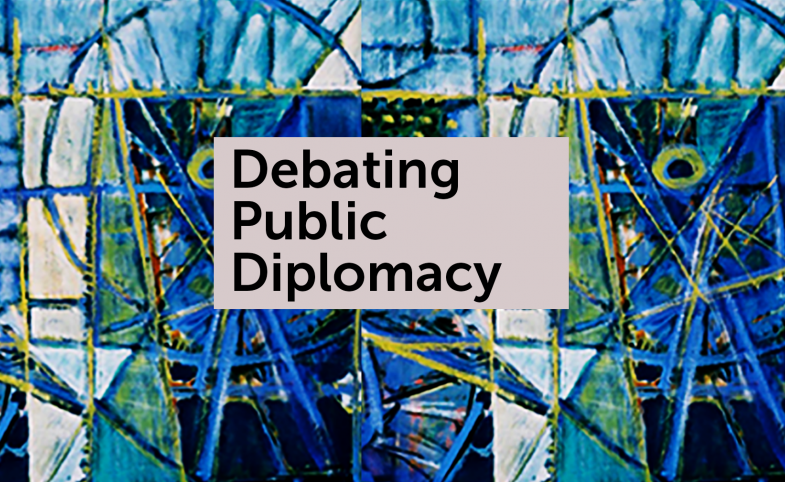
ARGUMENT
How to Prepare for Life After a Career in Diplomacy
We diplomats often identify with our job, and when we leave, we find ourselves confronting an identity crisis — or even loss of identity.
By AMBASSADOR CHARLES RAY | NOVEMBER 29, 2020

As ambassador to Zimbabwe, Charles Ray met with grandmothers running community projects to help pay for their grandchildren’s education in 2012. Photo by U.S. Embassy Harare.
An assistant public affairs officer in the United States Army moonlighting as an arts and theater critic for a local newspaper may be a peculiarity, but with proper authorization, I managed to pull it off back in the 1970s, when I was stationed at Fort Bragg, N.C. I also wrote for a state historical society’s publication. One of my crusty old editors advised me to establish a practice of writing at least 1,000 words every day to improve my skills.
That habit, which continues to this day, proved essential to a fulfilling post-retirement life decades later. After 20 years in the army, I went on to spend 30 years in the U.S. Foreign Service. Having served as an ambassador twice, I retired in 2012.
Retirement can be a traumatic experience for many as it is, but for diplomats, it can bring an additional challenge. As representatives of the United States to the world during an extraordinary career, a large number of us identify with our job, and when we leave, we find ourselves confronting an identity crisis — or even loss of identity. Thankfully, while I loved my job, I didn’t let it define me. That helped me look at my retirement not as an end to anything, but as the beginning of a new phase. In fact, “transition” is a much better word than “retirement,” which I’ve always associated with idleness.
My experience taught me another lesson: start planning for that next chapter years in advance. Taking advantage of pre-retirement counseling programs offered by employers makes sense, but most of them are only available just before an employee’s departure — too late to make a real difference. A much longer preparation is key. For example, ensuring an adequate financial cushion requires taking action throughout one’s career. Savings and investments that would supplement a pension take years to build up. During my time in both the army and the Foreign Service, I had a firm rule of saving 5 to 10 percent of my income in certificates of deposit and money market accounts. Some invest in the stock market, but I decided it wasn’t for me. I did hold a substantial portion of a thrift savings plan in common stocks, but as I watched the market waiver, just before 1988, I moved 90 percent of those funds to government-backed securities. By the time I left the federal payroll, they had appreciated over 120 percent.
Executive Diplomacy Training
February 1–12, 2021
Summer Diplomatic Academy
July 5–30, 2021
One-Year Certificate in Diplomacy
Sep 2021 — May 2022
As important as money is, it’s only one part of what makes for a productive post-retirement life. After decades of active involvement in international affairs around the world, I couldn’t see myself sitting in a rocking chair on my deck, watching birds flock to the feeder. Turning into a couch-potato can cause both physical and emotional problems. So making an inventory of your interests and a plan for pursuing them after turning in the key to the executive washroom will serve you very well. I’ve wanted to be a writer since I won a national short-story competition as a teenager. Just as I did at Fort Bragg, I pursued freelance writing throughout my government career and tried to have at least two projects at the same time, building a solid resume and portfolio.
On the rare occasions I wrote anything remotely related to my work, I obtained official clearance from the State Department. It’s important for a Foreign Service officer to learn the rules. When in doubt, get your writing cleared. I wrote at home early in the morning, in the evening and on weekends — never on official time or using government equipment.
Toward the end of my service, I ventured into full-length works, publishing my first book four years before retiring. It was about leadership lessons I had learned from my grandmother, with whom I lived for six years beginning at age 12. Two years later, I wrote a work of fiction. When I left government, that experience naturally led to my diving into full-time writing, lecturing and getting involved with organizations and causes for which I’ve always had an affinity. Despite modest sales, those first two books established me as a bonafide author, attracted the attention of reviewers and publishers, and resulted in a publishing contract in 2015, which has greatly expanded the distribution of my books in North America, Europe and Asia.
More recently, I’ve added proofreading and ghostwriting to my freelance services, with clients in the United States and Australia. I’ve also been hired as a first-reader independent contractor for an Australian publishing house, specializing in works by American authors. All that keeps me active and enables me to continue contributing in a small way to improving the lives of others — and I really enjoy it. To top it off, I’ve increased my post-retirement income to the point that it’s now almost equal to my salary during the last three years of my government employment.
If it sounds simple, that’s because it really is. It does require commitment and the ability to divorce yourself mentally from your previous career, no matter how long you had it. It’s even better to do so before that career has come to an end, while continuing to perform well in it. It’s like driving a car — you can watch the road and keep an eye on the speedometer at the same time, but not text or make phone calls.
There can be a meaningful and satisfying life after retiring — pardon me, transitioning. It’s what you decide to make of it.
About the author
Charles Ray is a former U.S. ambassador to Zimbabwe and Cambodia, deputy chief of mission in Sierra Leone, and consul-general in Ho Chi Minh City, Vietnam. He spent 30 years in the Foreign Service and now teaches at WIDA.
The opinions and characterizations in this article are those of the author and don’t necessarily represent the views of the U.S. government.








